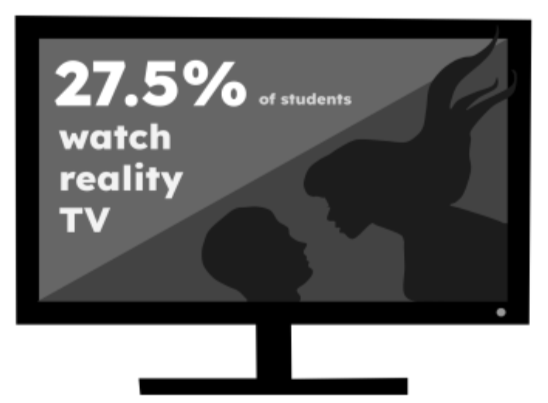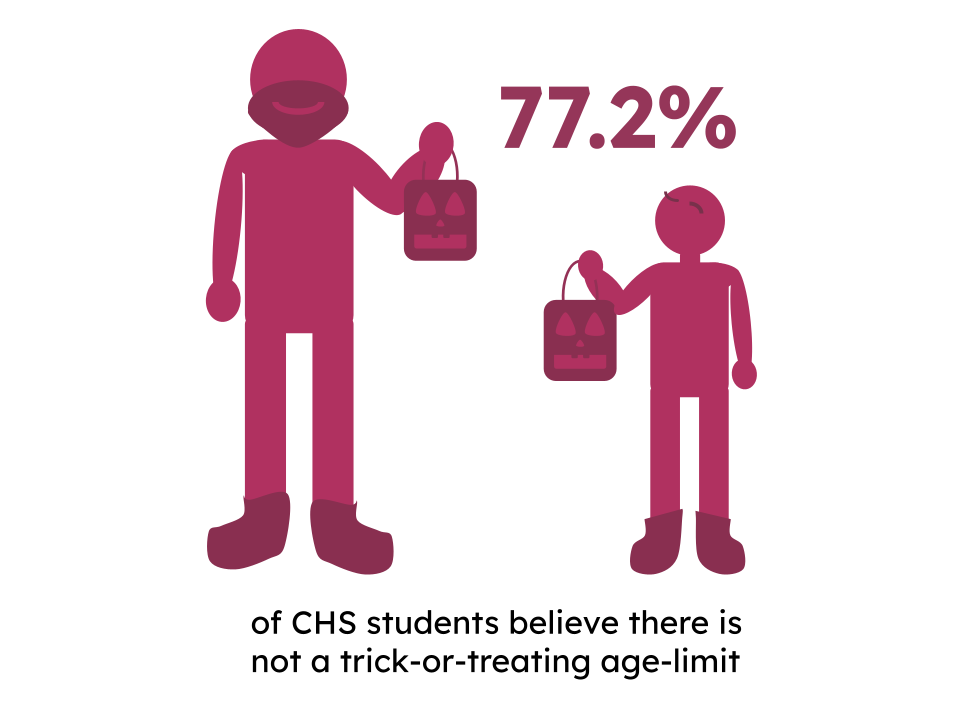
“Do you really think you can have a CoverGirl contract with a gap in your mouth?” Tyra Banks said on season 6 of “America’s Next Top Model” regarding Danielle Evans, a contestant who had a gap in her teeth.
As reality television continues to grow and form a culture of its own, the harmful effects of consistently watching must be highlighted. Viewers of reality television are subject to content that is detrimental to their mental health.
Shows like “America’s Next Top Model” feed into viewers’ insecurities as they portray the “ideal” body type. This perpetuation is damaging to young viewers who feel that they don’t meet these harmful standards. Not only do these images impact women, but men, too, are affected by shows that perpetuate common stereotypes, such as hyper-masculinity and physical strength.
Reality television can prompt viewers to experience anxiety about their body image. A survey conducted by The Mental Health Foundation released in 2019—before the start of a new “Love Island” season—found that reality television causes almost one in four people to worry about their body image.
Freshman Christie DeNicola of Tinton Falls echoes that reality television can create harmful expectations for viewers.
“It can set high and unrealistic standards for what people should look like which can be especially harmful to those who are not in the best of mindsets,” DeNicola said.
The consumption of reality television shows that portray toxic behaviors and fights like “The Jersey Shore” or “The Real Housewives” have been linked to an increase in aggressive and narcissistic tendencies among viewers.
In an experiment conducted by Central Michigan University, 144 undergraduates were surveyed on their favorite reality television show and then, completed the Narcissistic Personality Inventory, a test used to measure non-clinical levels of narcissism. Central Michigan University psychologist Bryan Gibson concluded that those who were exposed to shows with more conceited values had higher narcissism scores.
“Unpleasant interpersonal behavior which we were able to show led to viewers increasing the amount of aggression they were willing to direct towards someone else,” Gibson said.
This connection between behavior and consumption can be explained through the “Cultivation Theory,” a sociological framework theory that examines the long-term effects of television on viewers. According to Simply Psychology, the theory states that viewers of reality television are more likely to perceive what they see on the shows as normal.
In actuality, reality television gives viewers a false outlook on life through its edited moments and scripted dialogue. Networks behind these shows purposely edit scenes to enhance the drama and create storylines they believe will increase viewer ratings. “The Real Housewives of New Jersey” star Teresa Guidice talked about the fabrication behind reality shows in court documents.
“The image is little more than a carefully crafted fiction, engineered by Bravo TV through scripted lines and clever editing,” Guidice said.
The addictiveness of drama can be reinforced through a study from the University of Wisconsin that surveyed 145 students based on their consumption of reality television. Based on the results, the study concluded that the majority of students who watched reality television found shows with drama were more addictive than those without it.
While some viewers’ actions may reflect what they see on television, it provides some with an example of how not to act. Junior
Eliza Madore of Atlantic Highlands finds watching reality television helps ground her actions.
“When I watch reality TV, I feel inspired to go out and do good, so I’m not acting like the insane people on the shows,” Madore said.
Despite the fights and drama on reality television being staged, the harmful effects of watching these shows on viewers are very much real. To avoid these unattended repercussions, viewers should turn off reality television.









